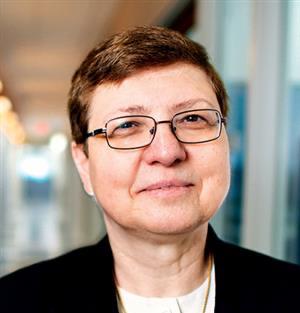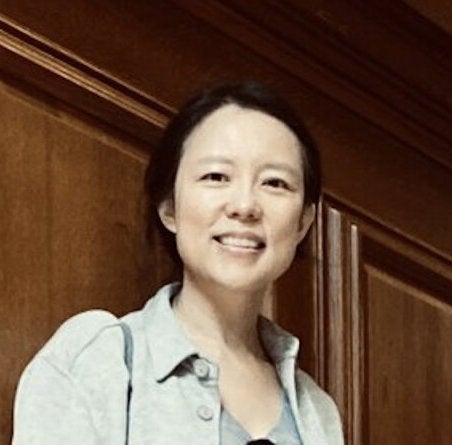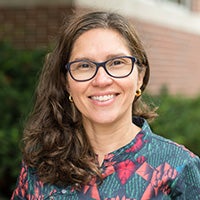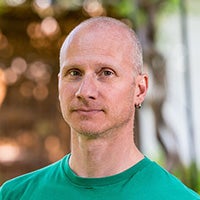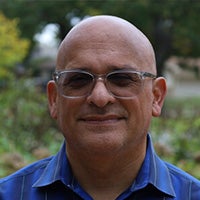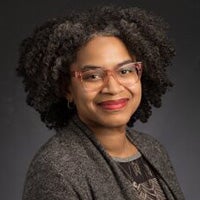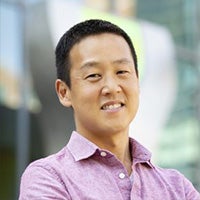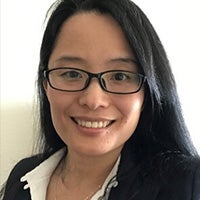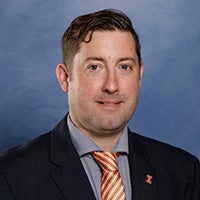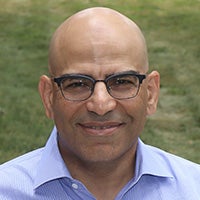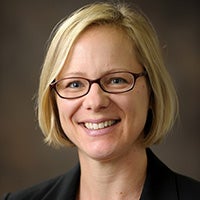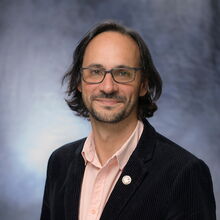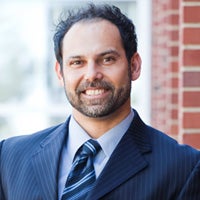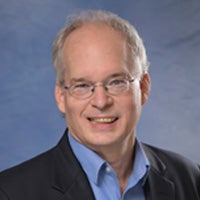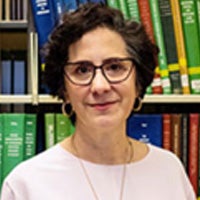
The Principled Academic Leadership (PAL) Program is an offering within the Academic Leadership and Management Institute (ALMI). The program equips executive officers in the College of Liberal Arts & Sciences and the Grainger College of Engineering with the problem-solving skills and tools necessary to navigate the unique challenges of the academic environment and fosters inclusive climates in their respective units. This program is a collaboration between LAS, Grainger College of Engineering, and the National Center for Principled Leadership & Research Ethics (NCPRE).
This well-established 10-month leadership development program offers a comprehensive curriculum that includes individual and group exercises, lectures, case studies, and discussions tailored specifically for EOs at any stage. By adopting a cohort model, with defined groups participating over an extended period, the program ensures ongoing opportunities for learning and practicing essential skills. The interactive sessions facilitate skill-building and foster trust and connections among cohort members.
Participants have said:
- “My key takeaways from the program include: first, the value of intentional leadership with practical frameworks for navigating the unique challenges of academic environments rather than simply reacting to challenges.”
- “The program instilled that leadership development is continuous, providing evidence-based tools and emphasizing reflection as essential to my ongoing growth as an academic leader.”
- “The program not only gave me tools and strategies to be a better person at academic workplace but also at my home and other business endeavors that I am involved in.”
- "This really helped remind me that to be put in a leadership position is both an honor and a chore, but it’s best to look at it as a responsibility and an opportunity. This course really helped me feel good about the leadership positions I am in. It reminded me how important the good leaders I have and have had in my life have been to me personally and has re-energized me to try and be a strong, trustworthy, reliable leader. This class has made me stand up straighter.”
Program format
A cohort of 12-15 EOs will meet online for 90 - 120 minute sessions throughout the academic calendar. Experts from NCPRE will lead the workshops. Facilitators include a range of experienced academic leaders, including NCPRE director C. K. Gunsalus, and President Emeritus Robert Easter.
Session descriptions
Session 1: The Special Challenges of the Academic Environment
September 3, 2025 • 12–2 p.m.
Learn about the unique structure of the academic environment, the role of leadership within such an environment, and introduce the concept of boundaries (between being friends and being friendly; between roles of colleague and chair, etc.). We present the Decision-Making Framework (DMF) as a tool for systematically evaluating a situation and possible outcomes. Craft an initial definition of leadership and consider why they accepted (or are considering) leadership positions.
Session 2: Group Problem Solving & Critical Friends
October 1, 2025 • 12–2 p.m.
Learn the Critical Friends Tool and practice it using a case study, applying the DMF to structure discussions. Discuss the Academic Unit Diagnostic Tool (AUDiT) and lay the groundwork for managing emotions and developing personal scripts through the “Testing Yourself” exercise that presents commonly occurring challenges to authority in academic environments.
Session 3: Vibrant Academic Units
October 29, 2025 • 12–2 p.m.
Revisit the foundational skill of knowing yourself as an individual and as a leader and relate it to academic unit vibrancy. Learn indicators and warning signs for unit health with a focus on the unit mission. Practice creating an elevator pitch for your units, with a particular focus on what makes your department distinct from similar units at other institutions.
Session 4: Difficult Conversations and Personal Scripts
November 19, 2025 • 12–2 p.m.
Consider difficult conversations, listening as a foundational skill, and personal scripts. Learn to use the concept of aligning as a way to conduct problem-solving conversations using the And Stance developed by the Harvard Project on Negotiation. Practice these skills in a series of interactive exercises and discussions.
Session 5: Exploring Leadership
December 10, 2025 • 12–2 p.m.
President Emeritus Robert Easter shares his thoughts on leadership in the academic environment, gleaned across his long career in all levels of university leadership: department head, dean, provost, chancellor, and president. Consider paradigm shifts occurring in your field and strategic considerations driven by internal and external factors.
Session 6: Negotiation
January 28, 2026 • 12–2 p.m.
Negotiation is about influence, persuasion, and dealing with conflict. Through interactive exercises and case studies, tie fundamental leadership concepts to negotiation skills and recognize and build skills for negotiations in your daily life.
Session 7: Giving and Receiving Feedback
February 18, 2026 • 12–2 p.m.
Consider best practices for giving and receiving feedback reviews, different kinds of feedback, and the concept of the growth versus fixed mindset. Practice crafting personal scripts for negative feedback through a case study. Using examples of scripts, start to develop your own for a range of scenarios.
Session 8: Bullyproofing Academic Units
March 11, 2026 • 12–2 p.m.
Revisit a video scenario from the beginning of the program and examine it with the tools practiced throughout the year. Learn about the different types of bullies, how those bullies twist the environment around them in their favor, and how to prevent them from dominating a unit. After the session, watch an alternate version of the video scenario, where the beleaguered department head employs skills practiced throughout the course in order to effectively manage the interaction.
Session 9: Becoming a Leader Who Makes a Difference
April 1, 2026 • 12–2 p.m.
Reflect on the impact of leadership in academia and managing change to foster trust through transparent processes. We open a conversation about leadership and fostering trust to align with upper leadership through establishing relationships and shared goals. Discuss different ideas of what it means to be diverse, equitable, and inclusive and how to ensure that a group is working from a shared understanding.
Session 10: Capstone Case and Closing
April 29, 2026 • 12–2 p.m.
Work in small groups to present your approaches to a capstone case study to the entire cohort. Using skills built throughout the entire program, discuss the proposed solutions and refine strategies for addressing complex problems in the future. The program closes with key takeaways being shared by each cohort member.
Cohorts
2024-2025 cohort
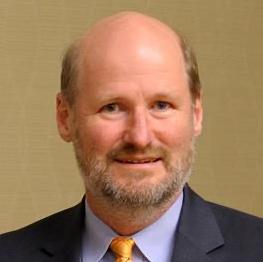 Philippe Geubelle Philippe GeubelleAerospace Engineering | 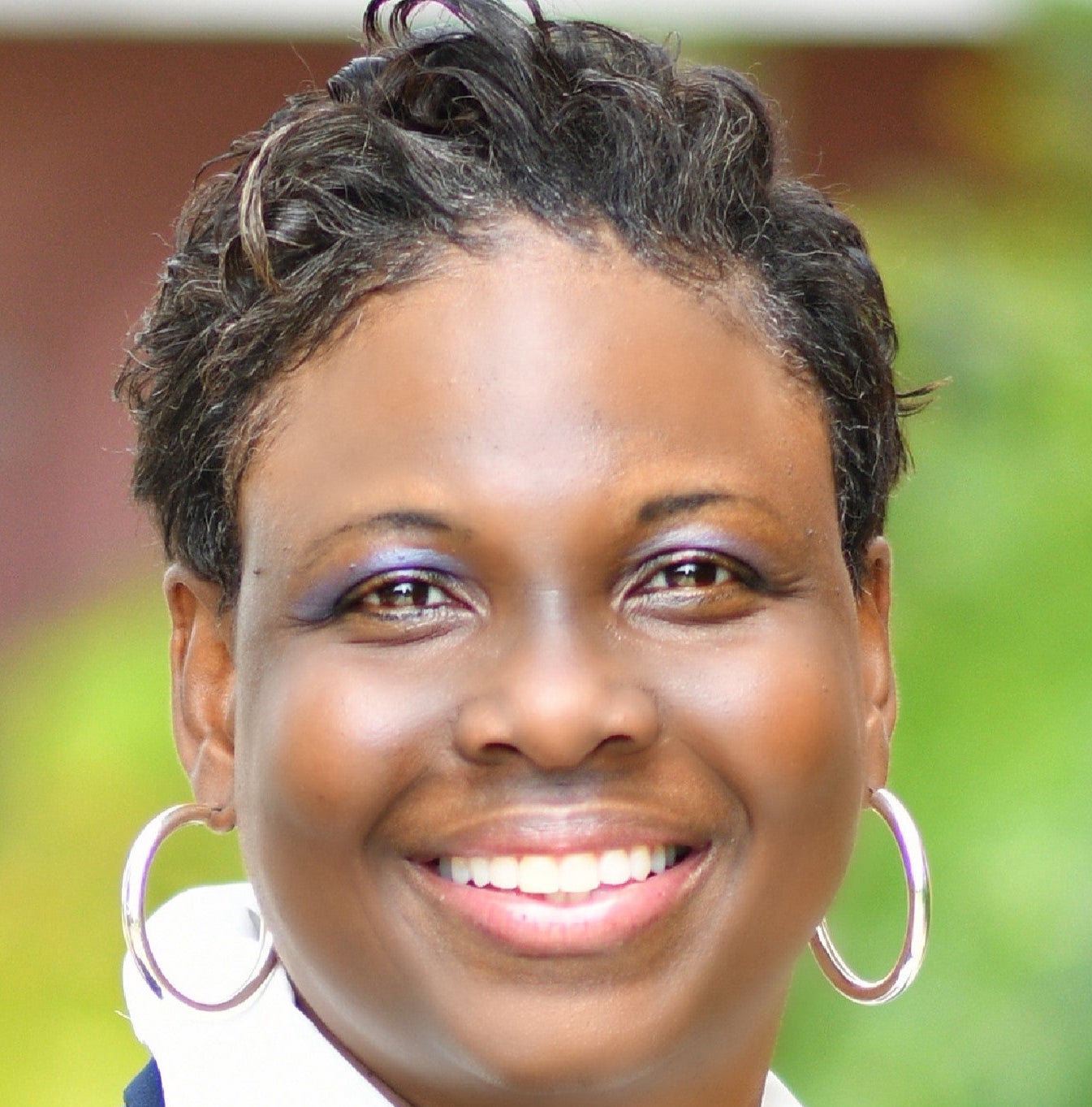 Margaret Browne Huntt Margaret Browne HunttCollege of LAS Office of Inclusive Excellence | 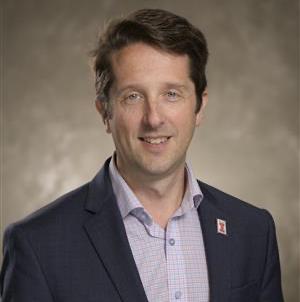 Jonathan Makela Jonathan MakelaElectrical and Computer Engineering |
 Robert Morrissey Robert MorrisseyCollege of LAS Office for Technology & Online Learning | Klara Nahrstedt | Image

Lindsay Rose Russell |
Shao Dan |
Ariana Traill |
Previous cohorts
2023-2024 cohort
Flavia Andrade | Aaron Benjamin | Julie Cidell |
Rosas Gilberto | Candice Jenkins | Minjoo Lee |
Bo Li | Steve Nesbitt | Jeff Shamma |
Amy Wagoner Johnson |
Alejandro Lleras | Image

Trina-Wright Dixon
|
Previous cohorts
2022-2023 cohort
Scott Althaus | Anne Barger | Diane Beck |
Becky Fuller | Claudio Grosman | Robin Kar |
Sarah Low | Reuben May | Ellen Moodie |
Previous cohorts
2021-2022 cohort
Stephen Downie | Supriya Prasanth | Gisela Sin |
Renee Trilling | Angharad Valdivia |
The sessions I selected [as favorites] were not just practical for academic department head leadership, rather, have been very helpful to developing who I am as a leader in my research and project groups. I have found the philosophy of leading with intention: understanding the mission and keeping people focused on that.
The component of this experience that will have lasting value is the relationships that I have built with a group of like-minded leaders who are developing the same skills that I am. They have become my friend and my support system.
Questions?
To learn more, contact:
Margaret Browne Huntt
Assistant Dean for Inclusive Excellence
College of Liberal Arts & Sciences
Ellen Wang Althaus
Assistant Dean for Strategic Diversity, Equity, and Inclusion Initiatives
The Grainger College of Engineering
